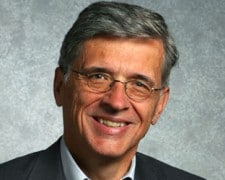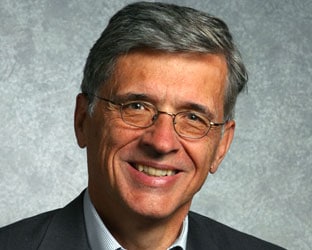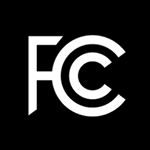 Only three of those present had the opportunity to speak before the Senate Commerce Committee dug into FCC Chairman nominee Tom Wheeler. There were no comments – none – that directly referenced broadcasting.
Only three of those present had the opportunity to speak before the Senate Commerce Committee dug into FCC Chairman nominee Tom Wheeler. There were no comments – none – that directly referenced broadcasting.
The trio included Wheeler, Committee Chair Jay Rockefeller (D-WV) and Ranking Member John Thune (R-SD). Here are summaries of their statements.
* Jay Rockefeller (D-WV) said the FCC is becoming polarized and politicized, but pointed out that its primary function is to act as a regulatory agency. There are rules that need to be enforced and that is the FCC’s mission. He noted that the FCC must continue enforcing the rules even when they were in the process of being changed or modified to take into account new conditions. He emphasized protection consumers and creating jobs as primary goals for the Commission. The prime consideration should be the public interest; the interest of all those who do not have an army of lobbyists working on their behalf.
* John Thune (R-SD) emphasized the rapid change that is gripping the communications industry. He is particularly interested in the applications of modern communications technology as it pertains to rural communities. He said the 20th Century rules that comprise much of the existing body of regulation needs to be updated. He wants the FCC to stay away from net neutrality; and to operate with transparency and to avoid using transaction review as a means for backdoor regulation.
* Tom Wheeler said he is being honored with the opportunity to work in a communications field that is likely the most exciting intersection of government and business. He said he was excited by the opportunity for public service. He said during his career he’s seen how policy can be a boon or a hindrance to the industry. He noted that he’s been closely involved in the introduction of digital and satellite service. He said, “I am an unabashed supporter of competition,” and noted that the FCC should promote it. The FCC must also provide protections. Universal service should expand to broadband; the FCC should harness communications to enhance public safety, education and in support of other national goals.





